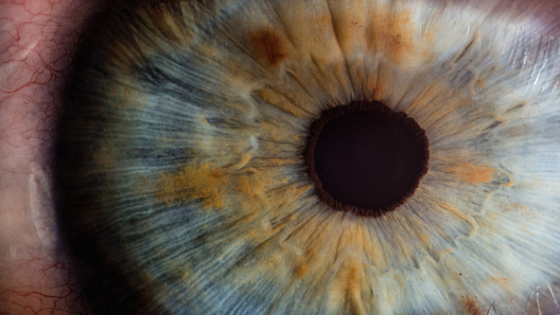Glaucoma: Who, What, Why, Where, & When
Glaucoma is a common eye condition. Many people with glaucoma have inherited the condition. It typically does not appear until later in life, however it can occur at any age.
The cause of glaucoma is attributed to pressure build-up in the eye. This is also known as interocular pressure. This pressure within the eye can cause damage to the optic nerve, which is the part of the eye that transmits the images you see to your brain. Therefore, glaucoma can lead to vision loss, especially when untreated.
Signs & Symptoms of Glaucoma
Because vision loss can occur as a complication of this disease, it’s helpful to understand the signs and symptoms of glaucoma.
There are several types of glaucoma, the most common are: primary open-angle glaucoma (POAG) and angle-closure glaucoma (ACG).
Primary open-angle glaucoma
Open-angle glaucoma typically does not present symptoms until the disease has advanced and damage has occurred. Because of this fact, it’s highly recommended that people keep up with regular eye examinations so glaucoma can be detected early, even before symptoms occur.
Angle-closure glaucoma
Symptoms of angle-closure glaucoma (also called narrow angle glaucoma) are noticeable and can cause damage quickly after the onset of symptoms. Common symptoms include:
- Blurry vision
- Severe pain in the eye(s)
- Appearance of rainbow-colored circles around light sources
- Nausea or vomiting due to eye pain
- Sudden loss of sight
Treatment for Glaucoma
When detected early, your eye doctor can prescribe a preventative care plan to help protect your vision from the effects of intraocular pressure dur to glaucoma. Vision loss due to glaucoma is irreversible.
Once diagnosed, it’s critical to have regular exams with your ophthalmologist to monitor the intraocular pressure and progression of the disease. Regular examinations as well as treatment will help protect your vision.
The goal of glaucoma treatment is to maintain a safe level of internal eye pressure. Your ophthalmologist will be able to diagnose glaucoma and recommend treatment options for your specific condition. Treatment may include oral medication, eye drops, laser procedures, or traditional surgery.

